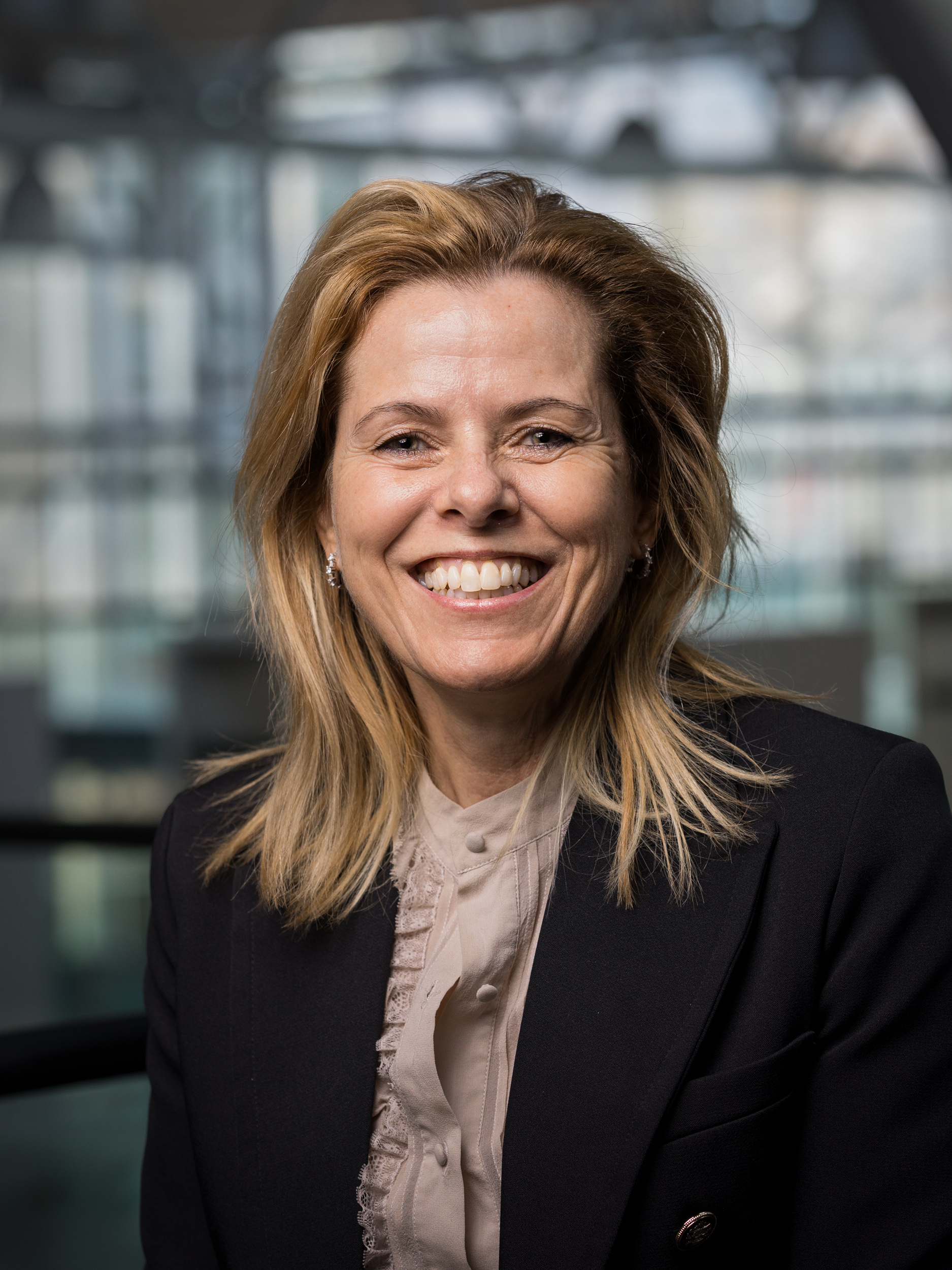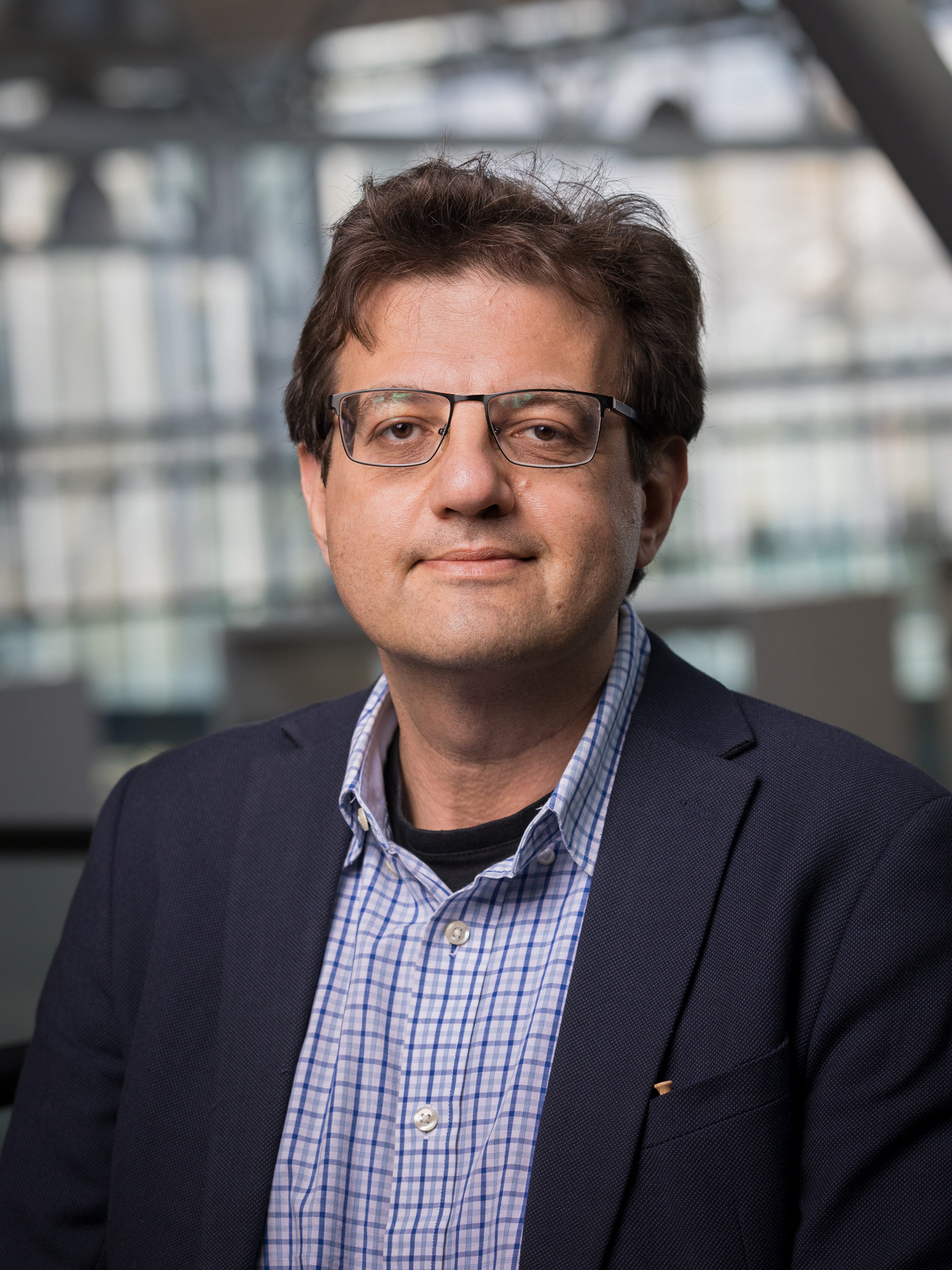Introduction to ECCO’24 Imaging Workshops
Mariangela Allocca, EduCom Member and Uri Kopylov, EduCom Member
 Mariangela Allocca © ECCO |
 Uri Kopylov © ECCO |
The Educational Programme at the ECCO Congress in 2024 will once again feature two workshops focused on imaging Inflammatory Bowel Diseases (IBD). These workshops, held in collaboration with the European Society of Gastrointestinal and Abdominal Radiology (ESGAR) and the International Bowel Ultrasound (IBUS) group, aim to educate medical professionals about the latest imaging technologies and their application in precise diagnosis and therapeutic management of IBD patients.
The first workshop will cover basic endoscopy, ultrasound and MRI, while the second will delve into advancements in intestinal ultrasound. These workshops are made possible through extensive cooperation between ECCO and experienced gastroenterologists and radiologists in intestinal imaging.
5th ECCO Basic Imaging Workshop in Collaboration with ESGAR & IBUS
Designed for a diverse range of medical experts, including gastroenterologists, endoscopists, surgeons, paediatricians, pathologists and other interdisciplinary professionals, the workshops provide valuable insights into diagnostic imaging and endoscopy of IBD. Due to the high demand for and the success of the course in previous years, we have again decided to run it twice on the same day this year to accommodate a larger number of participants.
Endoscopy
The endoscopic section of the workshop will address several major domains: quality in IBD endoscopy, reporting of endoscopic procedures, therapeutic IBD endoscopy of endoscopic diagnosis, lesion management and interventional management of complications in IBD patients and capsule endoscopy. The endoscopic section targets physicians who practice endoscopy in IBD patients or who participate in IBD patient care and are striving to achieve a better understanding of the recent developments in the field.
Endoscopy is a crucial component of IBD care and surveillance and is critical in the assessment of disease extent and severity, as well as the detection of complications and neoplastic lesions. In recent years, we have witnessed huge leaps forward in the development of advanced techniques of optical diagnosis, along with a major progress in artificial intelligence–based algorithms for endoscopic and histological assessment. Participants will learn how and when to use endoscopic scoring systems and to create high-quality endoscopic reports suitable for multidisciplinary IBD management, how to select and apply the most appropriate management strategy for intestinal strictures and how to review advanced endoscopic techniques for surveillance and endoscopic treatment of dysplasia in Ulcerative Colitis.
The endoscopy part of the workshop will be highly interactive and case based, with ample interactive video case material and lectures by top experts in the field.
Intestinal Ultrasound and MRI
This portion of the workshop will provide comprehensive training on basic intestinal ultrasound and entero-MRI techniques, ensuring that gastroenterologists are well versed in the diagnostic potential of intestinal ultrasonography and MRI interpretation. The emphasis is on utilising these tools effectively for initial diagnosis, treatment response monitoring and complication assessment in Inflammatory Bowel Diseases (IBD). This specific workshop segment is tailored for IBD specialists with an interest in bowel ultrasound and radiological imaging. It includes hands-on practical sessions, interactive discussions and the analysis of IBD cases.
The workshop will commence with two introductory lectures on intestinal ultrasound and entero-MRI. Participants will then be divided into small groups and rotate among six different hands-on workstations. Expert tutors, comprising a radiologist and a gastroenterologist, will guide and assist participants in analysing cases. Attendees will have the opportunity to examine and discuss MRI images at workstations, as well as to engage in practical sonographic evaluations using a hands-on intestinal ultrasound simulator. The workshop also encourages the sharing of experiences and interactive discussions on specific clinical scenarios with expert colleagues and tutors. Various common imaging applications in IBD practice will be covered, such as early assessment and management of suspected IBD, evaluation of Crohn's Disease activity, identification of extramural complications like fistulas and abscesses, and the management of perianal Crohn's Disease.
11th ECCO Ultrasound Workshop – Advanced in Collaboration with ESGAR & IBUS
In addition to the 5th ECCO Basic Imaging Workshop in collaboration with ESGAR and IBUS, there will be an advanced workshop on intestinal ultrasound (IUS) tailored for participants who already possess practical experience in IUS and are seeking to deepen their knowledge while staying up-to-date with the latest developments in the field as it relates to IBD. Each oral presentation will be followed by interactive discussions of ultrasound video case presentations.
The workshop will cover various topics, including the use of IUS as a driver of clinical choice in both Crohn's Disease and Ulcerative Colitis, unmet needs and future directions. A dedicated session will address the question of the applicability of IUS in particular settings, including postoperative recurrence, ileal pouch-anal anastomosis and pregnancy. This advanced workshop also serves as the third pillar of the IBUS group training curriculum; participants in the curriculum will conclude the workshop by optionally taking a post-course test, while other participants may choose to do so as well.
Given the growing significance of imaging, we are confident that the 5th ECCO Basic Imaging Workshop in collaboration with ESGAR and IBUS, as well as the 11th ECCO-ESGAR Ultrasound Workshop – Advanced in collaboration with ESGAR and IBUS, will attract a wide range of ECCO colleagues interested in endoscopy, bowel ultrasound, and radiological imaging in the context of IBD. It's important to note that availability is limited, so we encourage you to register promptly in order to secure your spot and take part in these interactive workshops, where you can exchange knowledge with international experts.
We look forward to seeing you in Stockholm in 2024.
Mariangela Allocca and Uri Kopylov
On behalf of the Educational Committee